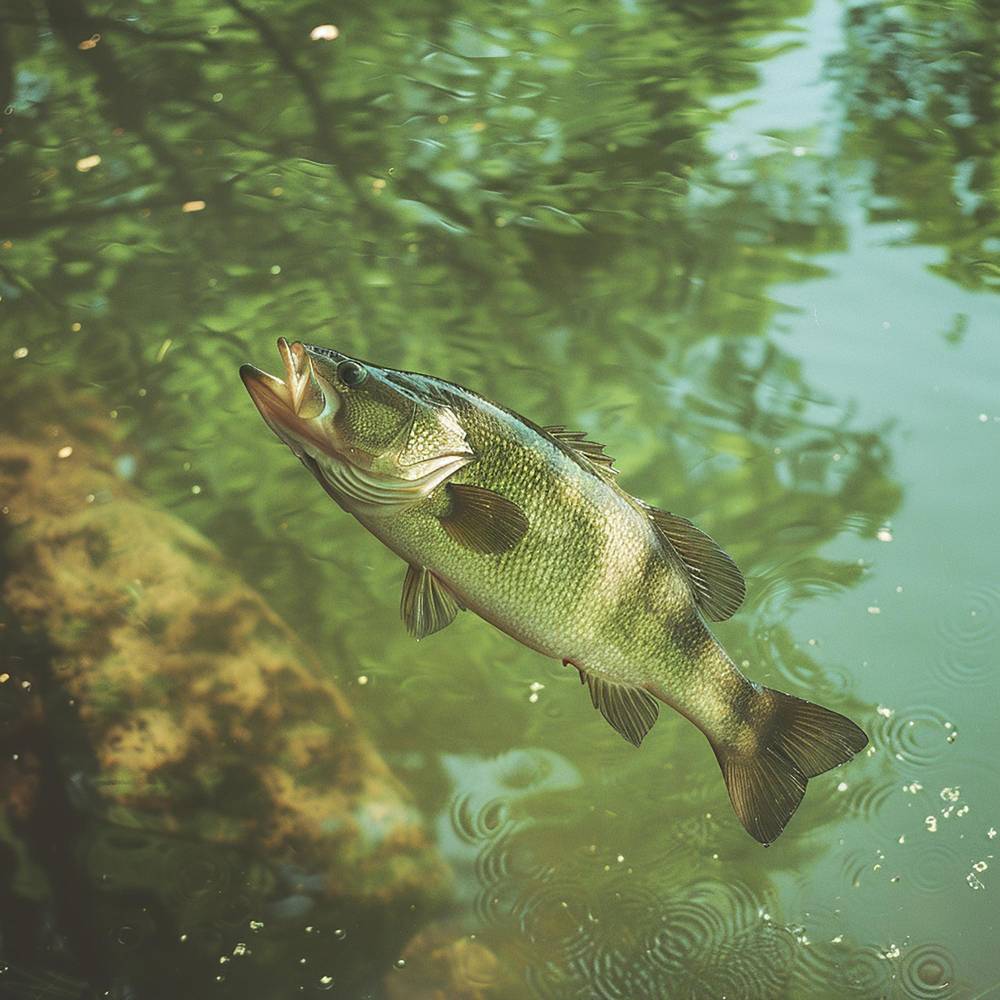
What’s a pond or lake without fish? Without fish in your water body, the balance of the food web would be disrupted. This could lead to overpopulation of certain species like insects and algae. The absence of fish can also disrupt the flow of nutrients, potentially leading to poorer water quality. Plus, if you use your lake for fishing and aquaculture, then you surely want a healthy supply of fish in there.
What if you’ve stocked your pond or lake with fish, but they’re nowhere to be seen? Don’t worry – fish are there; they might just be hiding. In this brief article brought to you by the lake and pond maintenance professionals at Aquatic Restoration, we explore why fish hide and what you can do to make them more visible and active.
Fish, like all animals, have reasons for their behavior, and there are common reasons fish might be hiding in your pond or lake:
Now that we recognize natural reasons why fish might hide, we can look at some practical tips to encourage fish to come out of hiding and be more active.
Encourage your team and community to get involved in pond maintenance and protection efforts. If you need a hand or two for your detention or retention pond maintenance, then call Aquatic Restoration to hire time-tested specialists. We are proud to offer price estimates upfront, and our team is on standby to take your call or message today.
If you own a pond, we don’t have to tell you how irritating mosquitoes can be or how important it…
Dredging is an integral part of keeping lakes clean, healthy, and sustainable. This…
Lake management is an integral part of keeping your lake in peak condition. It involves activities such as lake…
There are many incredible benefits that come with restoring natural lake depth. Not only does it improve water quality…
When it comes to maintaining healthy water bodies, there are two primary methods that are often used: dredging and pond…